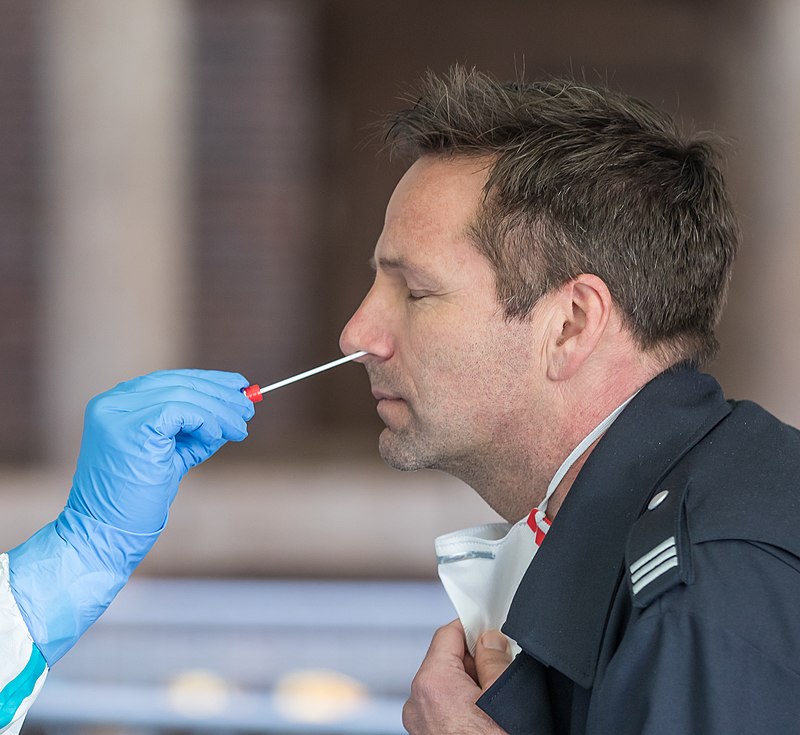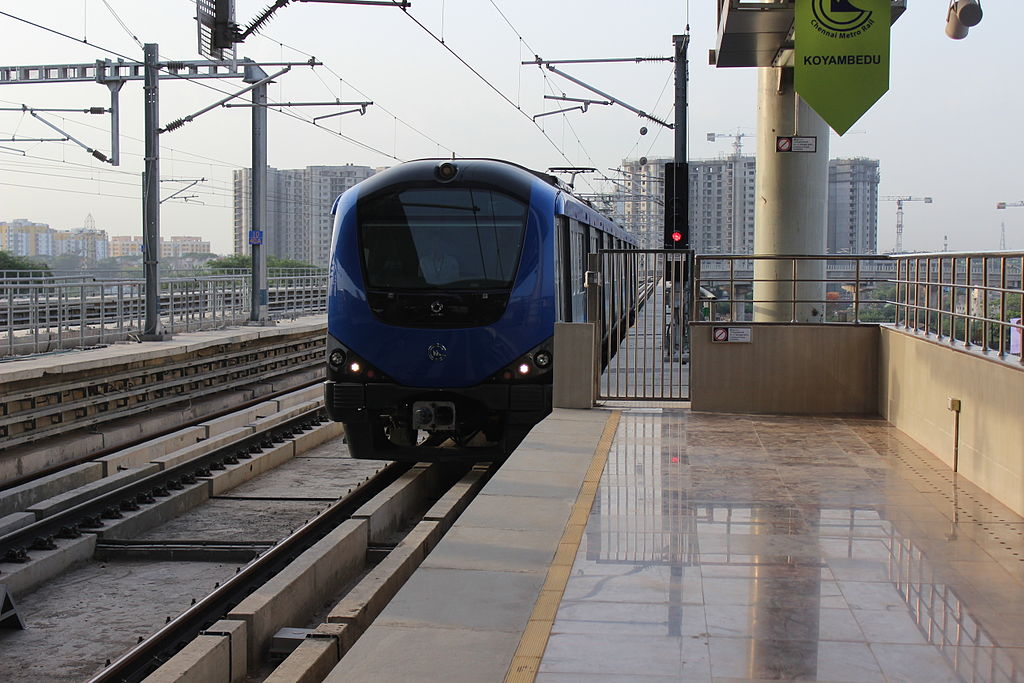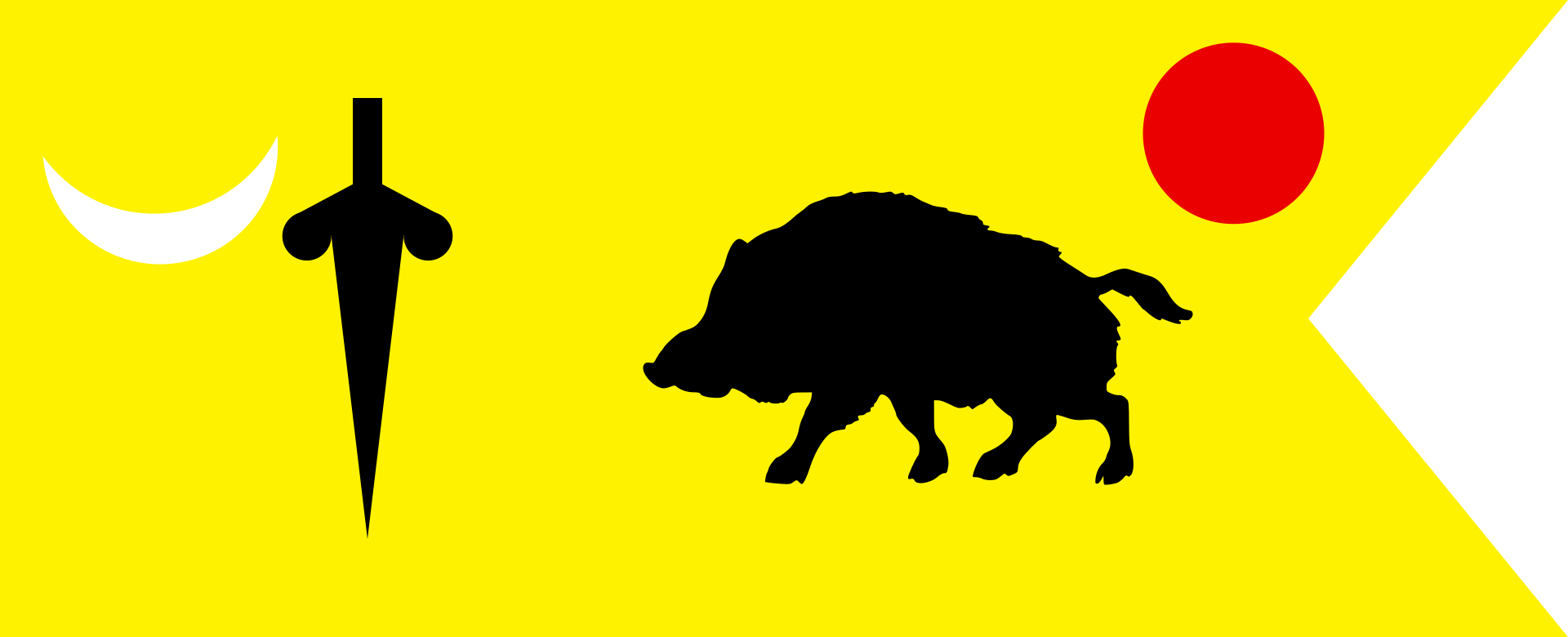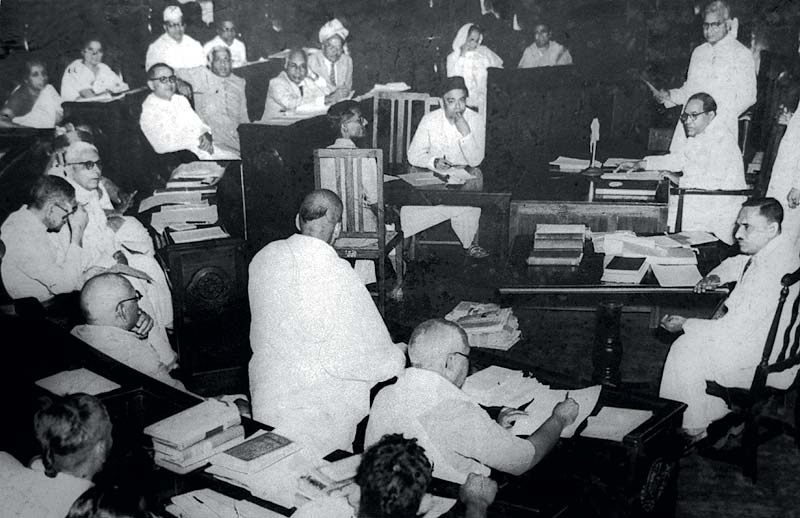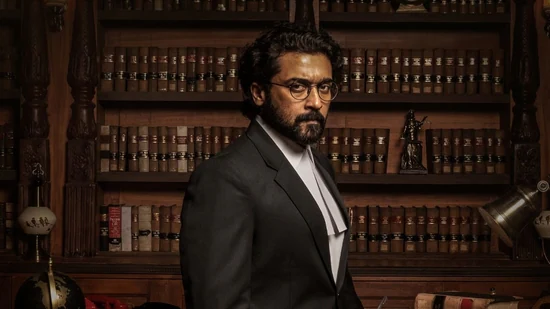Ncert notes Indian National movement – Extremist period
The year 1905 onward was called the era of extremism in the Indian National Movement. The aggressive nationalist believed that success could be achieved only by bold means. Important extremist leaders such as Lala Lajpat Rai, Bal Gangadhar Tilak, Bipin Chandra Pal and Aurobindo Ghosh. Causes for the Rise of Extremism The only success of … Read more
